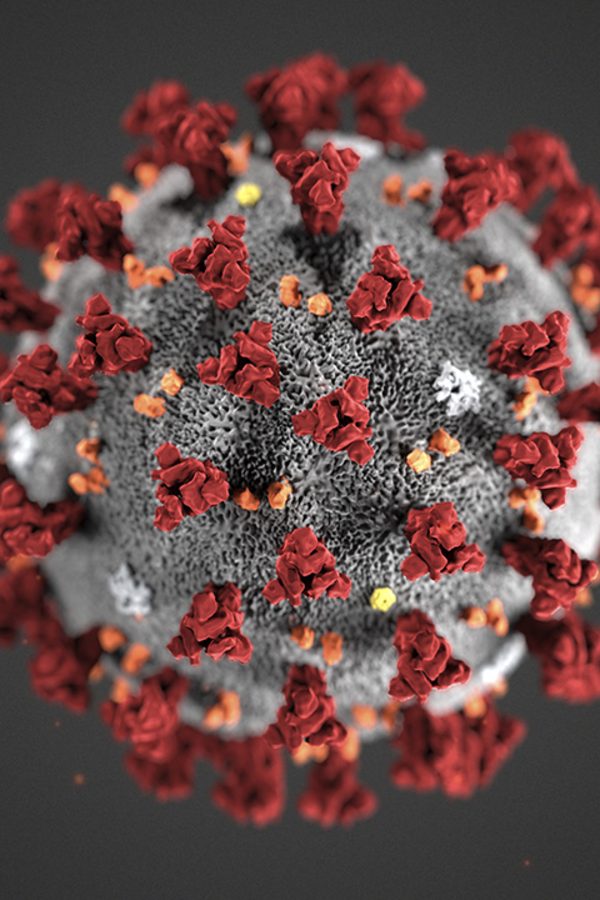On top of everything else we worry about in the workplace – job performance, meeting deadlines, making sales, etc. – we now have the coronavirus. Many of us, and especially those who work in very public places like airports, hospitals and hotels, wonder what might happen to our jobs if we avoided the workplace or were quarantined. Can you — legally — take time off simply because you’re afraid of catching the virus?
Time off? Work from home?
Just because you’re scared of the Coronavirus, even with good cause (e.g., you work at the airport or in a hospital), you could be out of a job if you don’t show up for work. From a medical leave standpoint, there’s no legal right to miss work unless you’ve actually been exposed to the disease, which means you’re probably under quarantine or in isolation.
Your best bet, should you dread going to work, is to use accrued vacation time and stay home. Some employers’ sick policies may also cover this scenario, but many likely will not. You could also ask your employer for a leave of absence, but don’t expect your request to be granted. Imagine what would happen if everybody took a leave of absence at the same time! And in any event, the leave would likely be unpaid and unprotected – meaning, you are not legally protected from termination or other discipline for taking a leave to avoid contracting the Coronavirus.
Working from home is a different story. Assuming it doesn’t negatively impact work, your employer may be willing to let you telecommute to avoid exposure, but again, this is within the company’s discretion.
What if you’re under quarantine?
Quarantines are precautionary measures intended to protect public safety. It doesn’t mean that you have the virus, just that you might have been exposed to it. But it also means you can’t go to work until the quarantine is lifted.
There’s a chance you could be fired while under quarantine, but you can argue that your job should be protected under the Family and Medical Leave Act (FMLA), which provides up to 12 weeks of unpaid leave in a calendar year to care for your own or a family member’s “serious medical condition.” The amount of time available could be less if you’ve already taken FMLA leave during the year.
If the FMLA doesn’t apply, you could try to argue that your job should be protected under the Americans with Disabilities Act (ADA), which bars discrimination against a worker with disabilities, but the likelihood is slim that this would be upheld, given that you aren’t infected with the virus.What Employees & Employers Need to Know About the Coronavirus
What if you’re placed in isolation?
If you’ve been placed in isolation, it’s bad news/good news. Bad if you actually have the virus. Good because you have more job protection. If your Coronavirus infection qualifies as a disability under the ADA, you can’t be fired simply because you’re infected. As long as there’s a reasonable accommodation that doesn’t impose an undue hardship on your employer, such as working from home, then you probably can’t be fired because of the fact that you’re in isolation. To be covered by the ADA, you must have an impairment that substantially limits one or more major life activities, such as walking, sitting or talking.
If, for some reason, the ADA doesn’t apply to your situation, there’s a remote chance that you could be fired if you’re unable to do your job while in isolation. (If, for example, your job requires you to be physically in the office, being in isolation means you can’t perform your job duties.) Depending on the circumstances, a leave of absence could qualify as a reasonable accommodation. If you make a full recovery and want to return to your job, your employer may require you to provide a doctor’s note clearing you to return to work.
The Bottom Line
The Coronavirus is really scary, and it’s natural to be fearful. It’s also normal to look for ways to avoid exposure. The bottom line is that the law is unclear on whether your company could legally fire you for taking steps to protect yourself, even if you’ve been placed in isolation or under quarantine. Maybe it’s time for the legislature to take action – because one thing is clear, the Coronavirus isn’t going away any time soon!

